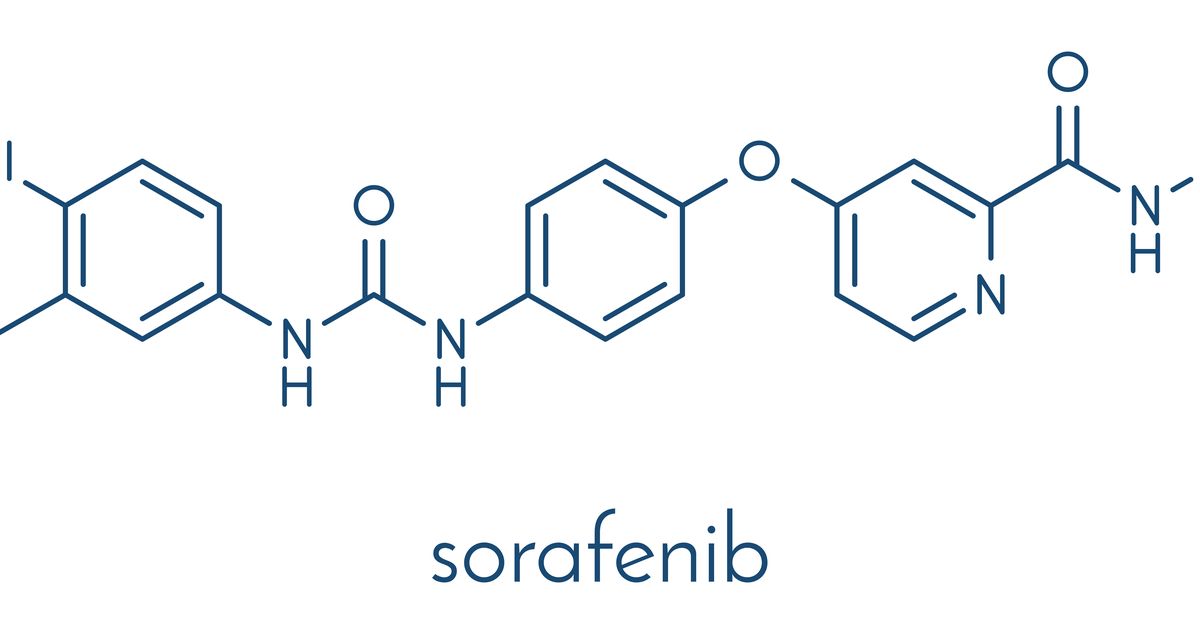Medical Brief: PIK3CA and KRAS Mutations Predict for Response to Everolimus Therapy
PIK3CA and KRAS mutations predict for response to everolimus therapy: now that’s RAD001 Morassa Mohseni, Ben Ho Park J Clin Invest. 2010;120(8):2655-2658. https://doi.org/10.1172/JCI44026.
PIK3CA and RAS (NRAS) have a high mutation frequency in hemangiosarcoma and BRAF in urothelial carcinoma. Everolimus is in a class of medications called kinase inhibitors. Everolimus treats cancer by stopping cancer cells from reproducing and by decreasing blood supply to the cancer cells.
- Targeted therapeutics can be effective when patients are preselected to maximize the chance of response
- The development of predictive biomarkers is critically important to differentiate those patients who are likely to respond from those who will not
- The PI3K/AKT/mTOR pathway is a key pathway that mediates cell growth, proliferation and survival
- Activating mutations in genes involved in this pathway are common in many cancers, mutations in PIK3CA being among the most common
- The authors screened a panel of cancer cell lines to asses their sensitivity to everolimus
- They were able to divide the cell lines into two groups--those that were sensitive to everolimus and those that were resistant to everolimus
- Everolimus-sensitive cells had mutations in PI3K pathway while everolimus-resistant cells had mutations in both the PI3K and MAPK pathways--the latter characterized by KRAS or BRAF mutations
- The authors provide evidence that cells with mutant KRAS have mTOR-independent protein synthesis
The importance of this article is that the authors provide compelling evidence about two commonly dysregulated pathways in veterinary oncology, the PI3K and MAPK pathways. They also demonstrate the importance of knowing when mutations or pathway dysregulations occur alone or in combinations as it relates to the efficacy of targeted therapeutics.
![Receptor tyrosine kinases bind with ligand and initiate the signaling pathway via intermediate molecules (IRS). PI3K becomes activated, which results in phosphorylation of phosphatidylinositol 4,5-bisphosphate (PIP2) to phosphatidylinositol 3,4,5-trisphosphate (PIP3), a process that is reversed by PTEN. At the cell membrane, proteins with pleckstrin homology domains then become phosphorylated via PIP3 (phosphoinositide-dependent protein kinase–1 [PDK1] and AKT). PDK1 can also phosphorylate critical residues on AKT. The tumor suppressor complex of TSC1/TSC2 normally inhibits mTOR activation via Ras homolog enriched in brain (Rheb). Activated AKT prevents this inhibition, leading to activation of the mTOR/Raptor complex known as mTOR complex 1 (mTORC1). This complex can be inhibited by rapamycin and its analogs, including everolimus. Ultimately, mTORC1 leads to the activation of downstream proteins involved in the initiation of protein synthesis, resulting in cellular growth. Receptor tyrosine kinase activation also initiates MAPK pathway signaling, which leads to cell cycle progression and proliferation. MAPK pathway activation can also augment PI3K signaling. MEK, MAPK/ERK kinase. From: JCI The Journal of Clinical Investigation](https://blog.fidocure.com/hubfs/Imported_Blog_Media/JCI44026_f1.jpg)


